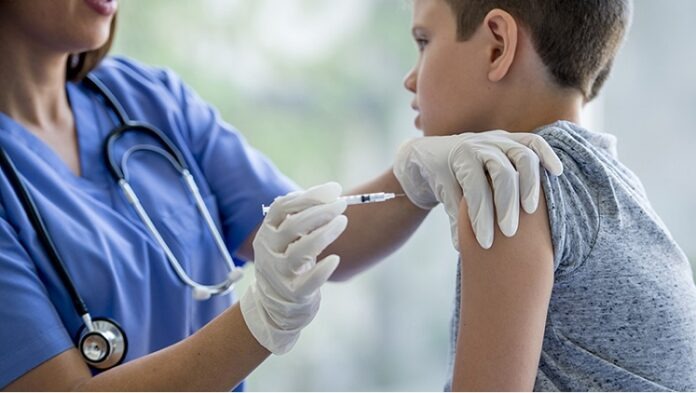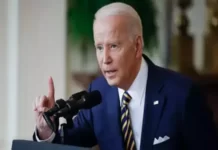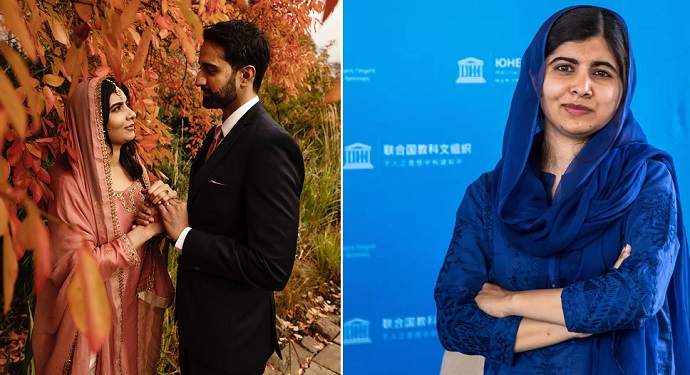The National Health Service (NHS) of the United Kingdom (UK) increased its Covid-19 vaccination programme to include vulnerable children aged 5 to 11 years old on Sunday. Children with diabetes, immunosuppression, learning problems, and other significant disorders that put them at risk for Covid-19 are eligible. According to NHS England, over 500,000 eligible children in England will receive their first dose of the Covid vaccine in accordance with the Joint Committee on Vaccination and Immunization’s recommendations (JCVI).
We know that vaccines provide significant protection against severe Covid disease, especially the Omicron variety, so it’s critical that our youngest and most vulnerable people are vaccinated,” said Dr. Nikki Kanani, an Indian-origin GP and deputy lead for the NHS immunisation programme.
“The NHS is now vaccination the 5- 11-year-olds who are most at risk, ensuring they receive their critical dose of protection.” Thousands of young kids are still being protected every day, with millions already vaccinated, and we are urging parents to come forward as soon as the NHS contacts them, so that the NHS can protect their children from the virus,” she said.
The NHS had previously made vaccines available to adults above the age of 12 and claimed to have administered over 3.5 million immunizations to those aged 12 to 17, including over 2.4 million initial doses.
“I would like parents and guardians to be reassured that no new vaccine for children would have been authorised unless the required standards of safety, quality, and effectiveness had been satisfied,” UK Vaccines Minister Maggie Throup said .
“I encourage that as many people as possible get their children vaccinated as soon as they are contacted – the paediatric immunisation offers the best protection for your child.”
Patient information is sent out to parents and guardians in accordance with procedures, including information on the Covid-19 immunisation. Parents and guardians are encouraged to accompany their children to their appointments and to read the patient information before attending.
Eligible children in the youngest cohort will receive a second dose eight weeks after their first dose, and they will not be vaccinated again for four weeks after a positive coronavirus test.
The JCVI also modified its guideline last month, advising that all 16 and 17-year-olds receive a Pfizer/BioNtech booster three months (91 days) following their second dosage. Following the introduction of a third booster vaccine for all 16 and 17-year-olds, more than half of those who are eligible have now received their additional protection.

















